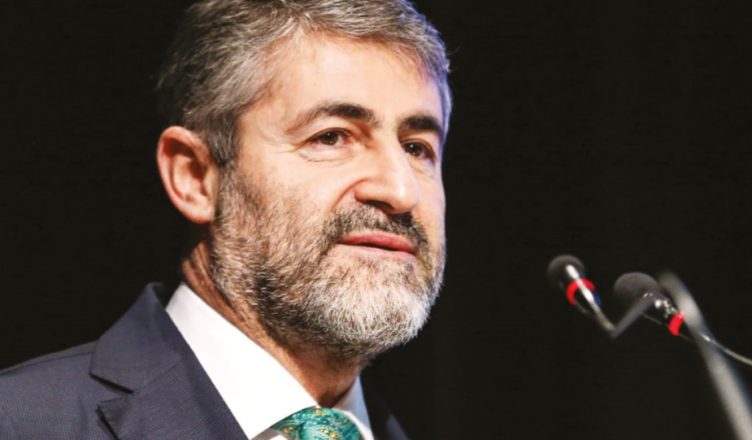Inflation in Turkey will begin to decline in the summer, Treasury and Finance Minister Nureddin Nebati said, predicting that global tensions will ease.
Inflation soared to 54% in February, mainly due to a surge in global commodity prices driven by the Russia-Ukraine war and last year’s decline in the Turkish lira. Russia’s invasion of Ukraine that began at the end of February is adding to inflationary pressure in Turkey and could widen the current account deficit. Economists see inflation rising further in the coming months, but Nebati struck a more optimistic note when he spoke to investors in Cannes, France.
“The tensions in the world will not continue. As of summer months, especially as of the end of the year, we’re going to see the fall (in inflation) and the quick normalization altogether,” he said. Nebati said Turkey is determined to lower inflation to single digits by the time elections scheduled for June 2023 take place.
The lira declined 44% against the United States dollar last year and followed an easing cycle that saw the central bank cut its policy rate by 500 basis points to 14%. The cuts came as the government endorsed a new economic program that prioritizes exports, credit, growth and employment. Ankara was able to stem the lira’s decline in December through the government-backed scheme that protects lira deposits against forex depreciation.
Nebati said that the scheme helps to keep the exchange rate at a “stable and foreseeable” level.
Noting that Turkey closed 2021 with balanced and strong growth, Nebati added that despite the problems in logistics and the tensions in the Black Sea, Turkey’s trade continues at a great pace, beyond expectations.
“The wheels are turning,” he said. The government has been monitoring possible risks to the Turkish economy from its Black Sea neighbors, Russia and Ukraine.

